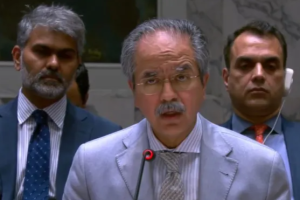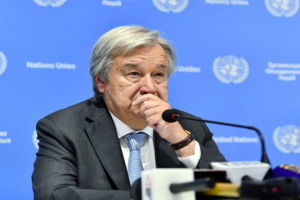The United Nations advised Southeast Asian nations to tackle inequality and green their economies to build a more resilient and inclusive future as they strive to recover from the COVID-19 pandemic.
The policy report released Thursday said other critical missions for the region”s governments should be bridging the digital divide and upholding human rights and good governance practices.
“One pathway could lead to a prolonged, deep recession, exacerbated by closed borders and characterised by rising social tensions, vulnerabilities and a return to environmentally unsustainable development,” the report said. “The second pathway involves adopting globally and regionally coordinated policies that recognise the imperative of an inclusive, resilient and sustainable approach to development.”
It said the pandemic has highlighted problems in Southeast Asia despite the region”s strong economic performance before the pandemic hit. It cited high inequality, low social protections, a large informal working sector, regressions in justice and governance, and environmental concerns like biodiversity loss and air quality.
“The current situation is leading to recession and social tensions,” U.N. Secretary-General António Guterres said in a video accompanying the report.
The report urged governments in their immediate response to COVID-19 to strengthen their health care systems and be attentive to vulnerable populations such as people with disabilities and refugees.
The economic devastation caused by the pandemic needs to be addressed with policies aimed at sustaining peoples” livelihoods, restoring sustainable and resilient supply chains and implementing sound fiscal measures to support healthy financial sectors.
As it recovers, the region can start to build back better, “safeguarding the planet”s natural systems, social fabric and people”s prosperity,” the report said. “The region has much work to do — but has formidable capacities at its disposal,” Guterres said.

























Add Comment